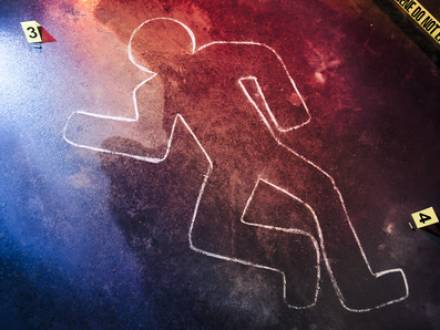From Assault to Homicide: Upgrading Charges if the Victim Dies
 A Madison, WI man pleaded guilty to second-degree reckless injury in 2016 for shooting a man in 2015. The victim was left paralyzed, and the defendant was sentenced to eight years in prison. In 2021, the victim died, and new charges of first-degree reckless homicide were filed against the defendant, who accepted a plea deal of second-degree reckless homicide (Section 940.06) on July 14, 2025, and was sentenced to another eight years in prison.
A Madison, WI man pleaded guilty to second-degree reckless injury in 2016 for shooting a man in 2015. The victim was left paralyzed, and the defendant was sentenced to eight years in prison. In 2021, the victim died, and new charges of first-degree reckless homicide were filed against the defendant, who accepted a plea deal of second-degree reckless homicide (Section 940.06) on July 14, 2025, and was sentenced to another eight years in prison.
If you have been sentenced to prison for a charge similar to assault, you may wonder what would happen if the alleged victim dies. Could you then face homicide charges? In Wisconsin, any charge similar to assault, including battery, substantial bodily harm, or reckless injury, could seem like the end of the matter once you are sentenced. But what happens if the alleged victim’s condition worsens, and months – or even years – later, he or she dies from the injuries?
Can the state then come back and charge you with homicide? The answer to that question is "yes," and the legal process is much more complex than you might imagine. Wisconsin prosecutors can pursue upgraded charges following a victim’s death despite the double jeopardy concept. If you are facing any type of criminal charges, especially upgraded charges, you need an experienced Ozaukee County, WI criminal defense attorney.
Initial Charges in Wisconsin
A defendant may initially be charged with an assault-related offense (since Wisconsin has no specific statute for assault), such as battery, aggravated battery, or reckless injury. These charges are determined based on the level of the victim’s injuries, as well as whether intent on the part of the defendant can be proven. Wisconsin’s charges that are similar to assault include:
- Simple battery is a Class A misdemeanor, involving intentionally causing bodily harm to another without consent.
- Substantial battery, a Class I felony, involves causing substantial bodily harm with intent to cause bodily harm.
- Aggravated battery, a Class H or Class E felony, involves causing great bodily harm with intent to cause great bodily harm, and often involves a weapon.
- First-degree reckless injury is a Class D felony and involves recklessly causing great bodily harm to another person under circumstances that show an utter disregard for human life.
- Second-degree reckless injury is a Class F felony that does not require the "utter disregard for human life" like first-degree reckless injury.
What Happens When the Victim’s Condition Changes?
The victim of battery or reckless injury could have injuries that later lead to further medical complications or delayed death. It is crucial that an autopsy be done and that medical causation is clearly established between the initial battery or injury and the subsequent death. The defendant would not be responsible for a person who received a broken arm from the battery and later died of a heart attack, so this is particularly important.
But what about double jeopardy? Historically, a legal principle known as the "year and a day rule" prevented homicide charges if the victim died more than a year and a day after the injuries from the battery. Wisconsin, like many other jurisdictions, has abolished this rule, meaning there is no time limit to connect the initial act of battery or injury to a later death, as long as causation is clearly established.
This means the prosecutor must show beyond a reasonable doubt that the defendant’s actions were a substantial factor in causing the death of the victim, even if it was not the sole cause. Foreseeability also factors into the equation. Could the defendant reasonably have foreseen that beating a person on the head with a baseball bat might later cause a fatal brain bleed?
Contact a Racine County, WI Criminal Defense Lawyer
If you are facing upgraded charges after initial battery charges, you need an experienced Jefferson County, WI criminal defense attorney from Bucher Law Group, LLC. Attorney Butcher spent two decades as the Waukesha County District Attorney and has litigated thousands of criminal cases. Call 262-446-9222 to schedule your free consultation.














 262-446-9222
262-446-9222 262-446-9885
262-446-9885






